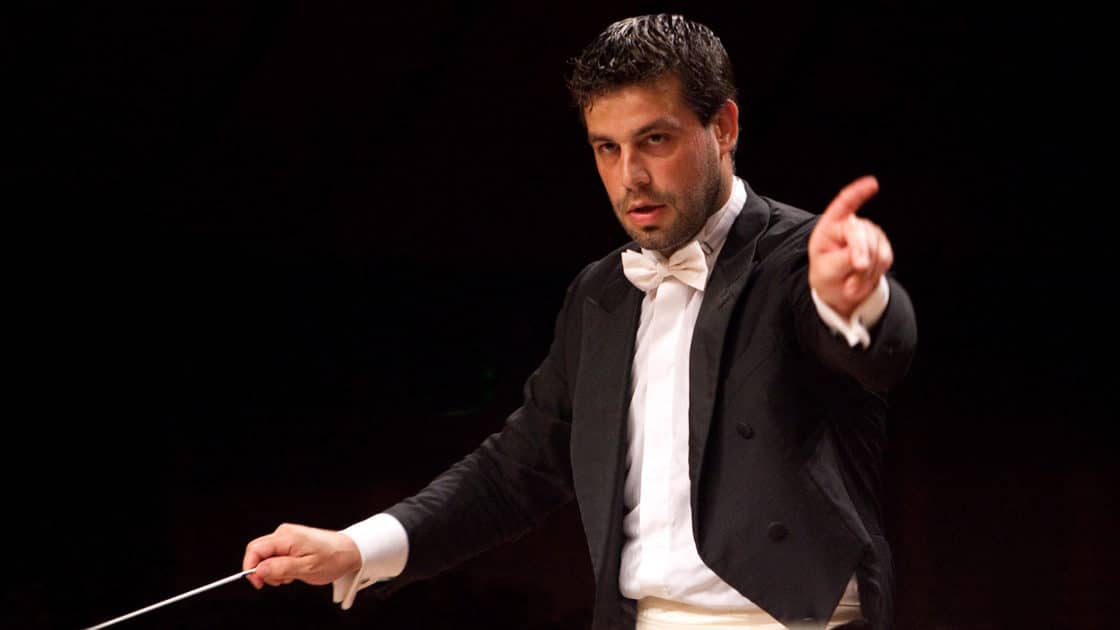Detroit retains maestro to the 30s
OrchestrasThe Detroit Symphony Orchestra has handed a contract extension to Italian conductor Jader Bignamini, taking him into the next decade. By the time he needs to sign on again in 2031, Bignamini will have put in 11 years at Motown.
He shares duties at the DSO with jazz chair Terence Blanchard and incoming pops conductor Enrico Lopez-Yañez.
Report here.






Comments